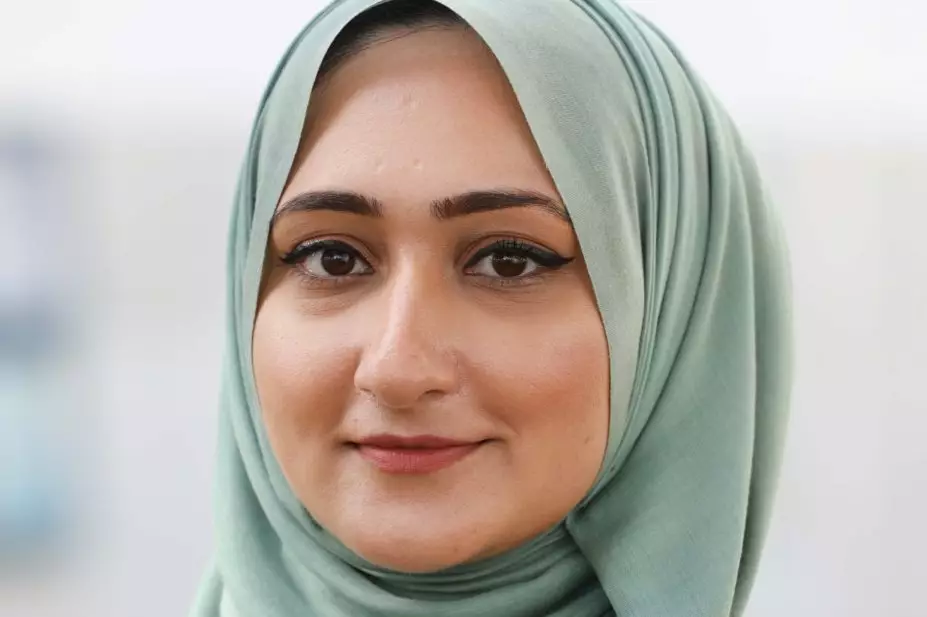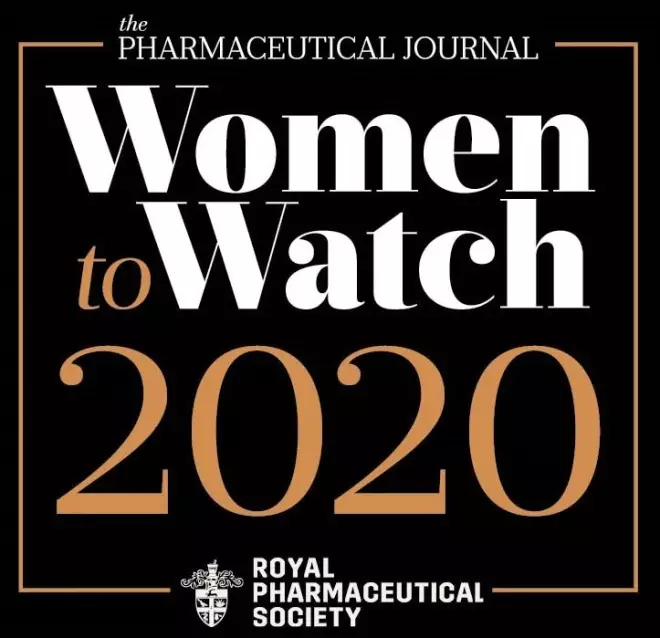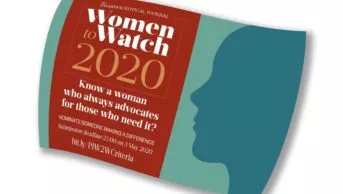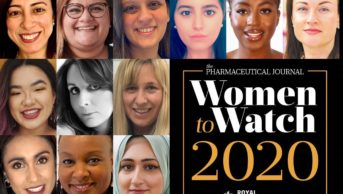
Zainab Hussain

In the seven years since Zainab Hussain graduated from her pharmacy degree she has smashed through endless glass ceilings to become a national leader in health informatics.
And, in a profession almost completely dominated by white men, that is a big deal.
“I was in the first cohort to do a diploma with the NHS Digital Academy and, among about 100 of us, there were only 4 pharmacists, and only about 10 to 15 of us were female. I was the only one wearing a hijab. I was definitely the youngest.”
Her current job title at Lewisham and Greenwich NHS Trust is associate chief clinical information officer, a role usually filled by a medical doctor. She is the go-to person, having advised hospitals both in the UK and overseas on implementing electronic prescribing and medicines administration (EPMA) systems.
After implementing an EPMA system across the five hospitals at Imperial College Healthcare NHS Trust in 2015–2016, she was hooked: “It was massively different to anything I’d done before and it was so exciting enacting change on this scale. You can see the benefits straight away and that’s really rewarding and really addictive.”
Hussain then moved to Lewisham and Greenwich NHS Healthcare Trust to lead the implementation of a new EPMA system there, and also works part-time helping other hospitals, including Chelsea and Westminster and Maidstone and Tunbridge Wells, to establish their digital prescribing systems.
She also had a year-long part-time consultancy, working with a new King’s College Hospital in Dubai, where she oversaw the implementation of a closed loop system.
That was quite the commute, Hussain jokes. “I worked remotely and went over there about every six weeks. The thing with digital transformation is there’s not a huge pool of talent and I think they thought it was better to have me part-time than not at all.
“Working in Dubai was a completely different challenge again. Because they were constructing a new hospital, you have a blank slate … there were completely different barriers.”
The role gave her an unusual amount of insight – for a UK pharmacist – into closed loop medication systems, which she says can have “massive benefits” for patient safety and efficiency.
Hussain is currently completing a Masters degree in Digital Health Leadership, during which she is researching how to bring closed loop systems into the UK. Since completing her undergraduate degree, Hussain has not stopped studying and plans to do a Master of Business Administration next.
It has taken a lot of perseverance and confidence to get where she is, Hussain says, and that is the reason why she is a member of the Shuri network — the UK’s first network for women of colour working in digital health. Through this network, she regularly takes part in webinars and summer schools to provide advice and support to other women from black, Asian and minority ethnic backgrounds.
When asked how she juggles all of the different aspects of her unique career, she jokingly says she doesn’t sleep but, what it really comes down to, is how much she truly enjoys her job.
“It’s so effective and so transformative. How often can you go to work and do something that changes how so many people do their job and has such a huge impact on patients?”
At Lewisham and Greenwich NHS Trust, they have just started a piece of work looking at how the new EPMA system has influenced medication and prescribing errors. Wristband barcodes have eliminated ‘wrong patient’ administration errors and they have seen a reduction in errors around prescription legibility.
“What’s more interesting to me is operational productivity, so we’re trying to look at changes in the time taken to do certain activities.”
Hussain and her team have also been able to make adjustments to how their workforce is managed so that, rather than sending a pharmacist to a ward, they can identify the most high-risk patients across different wards and prioritise them.
She says she is grateful that her employers have allowed her to take on these consultancy roles, meaning she has, essentially, created a career path all of her own.
“It does benefit everyone because I can bring learning back to the organisation. I don’t think I’ll ever stop learning.”
“Health informatics is incredibly white, male and an ageist environment – and to thrive in that is fantastic”
“What struck me is how she’s carved out significant leadership in what is a predominantly male environment”
“This is what we mean when we talk about potential and what they have achieved in a relatively short period of time in their career”
Meet the rest of The Pharmaceutical Journal’s Women to Watch 2020 here.


